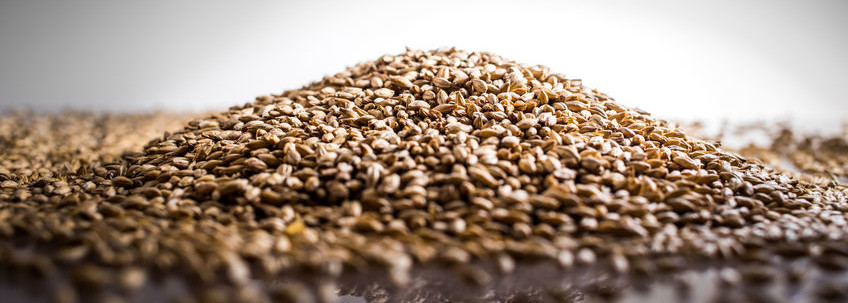
There’s no denying the weight clean label products and functional food carries with the public these days. Millennials are driving a culture that cares about the story their food tells—where it comes from, how it’s made, and the substance it adds to a diet.
Everywhere you look, brands are coming out with their take on the trend. And with consumers willing to pay extra for these products, it’s no surprise. There are still opportunities for growth in this market. The global market for clean label ingredients is forecasted to reach over $47 billion by 2023, with a CAGR of 6.8%.
Why are ancient grains the answer?
Although there is no official definition for clean label, ancient grains check off many of the selling points people are looking for. These grains and pseudocereals have not been bred or modified for centuries and have a very natural production process. So for customers looking for non-processed varieties of grains, these are the ticket.
Aside from their natural claims, some ancient grains also boast great nutritional value. Many are high in fiber, minerals and vitamins. Khorsan, for example, can have up to 40% more protein than modern wheat. And because it’s plant based, it’s ideal for an alternative protein. Their true value however, lies in the whole grain. As more and more research explains, whole grains offer a whole host of health benefits, reducing the risk of chronic diseases such as heart disease or type 2 diabetes.
Something else to consider with ancient grains is the sustainability factor. Over half of U.S. consumers consider plant-based foods as better for the environment than animal-based options. Some ancient grains are ideal for sustainable practices. The nutritional powerhouse Freekeh uses 30% less water than common wheat and 50% less than rice.
What ancient grains should I bake with?
The list of ancient grains is not a short one. If you’re looking for nutrient-rich ingredients that do well in baking formulas, check out these varieties:
- Khorasan has 20-40% more protein than modern wheat and is higher in fiber, lipids, amino acids, minerals and vitamins.
- Freekeh has been featured in recipes dating all the way back to 2300 BC. Freekeh has a unique nutritional profile that is superior to rice & other grains. Freekeh is an ancient whole grain that’s high in protein, fiber, iron, zinc & B vitamins.

